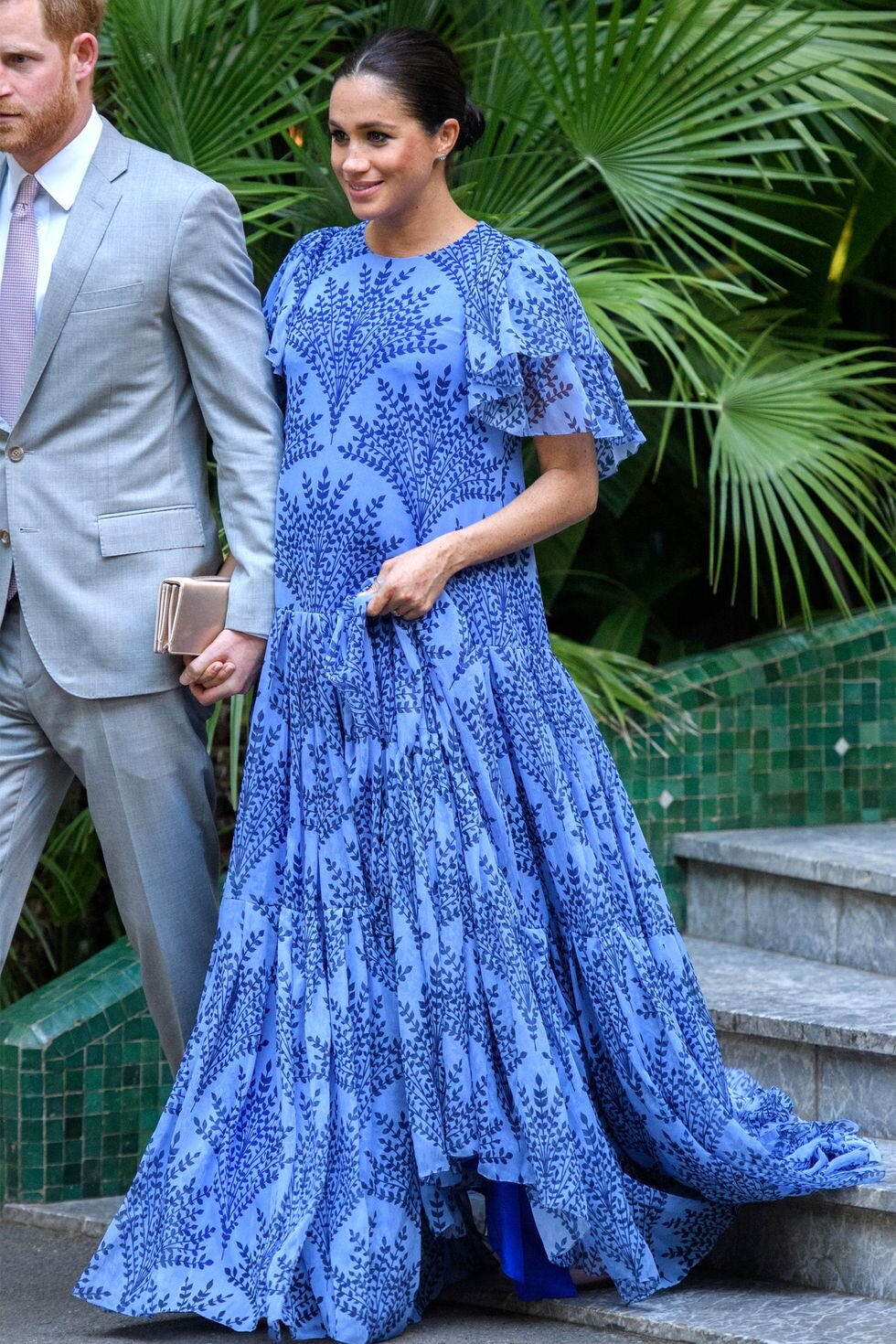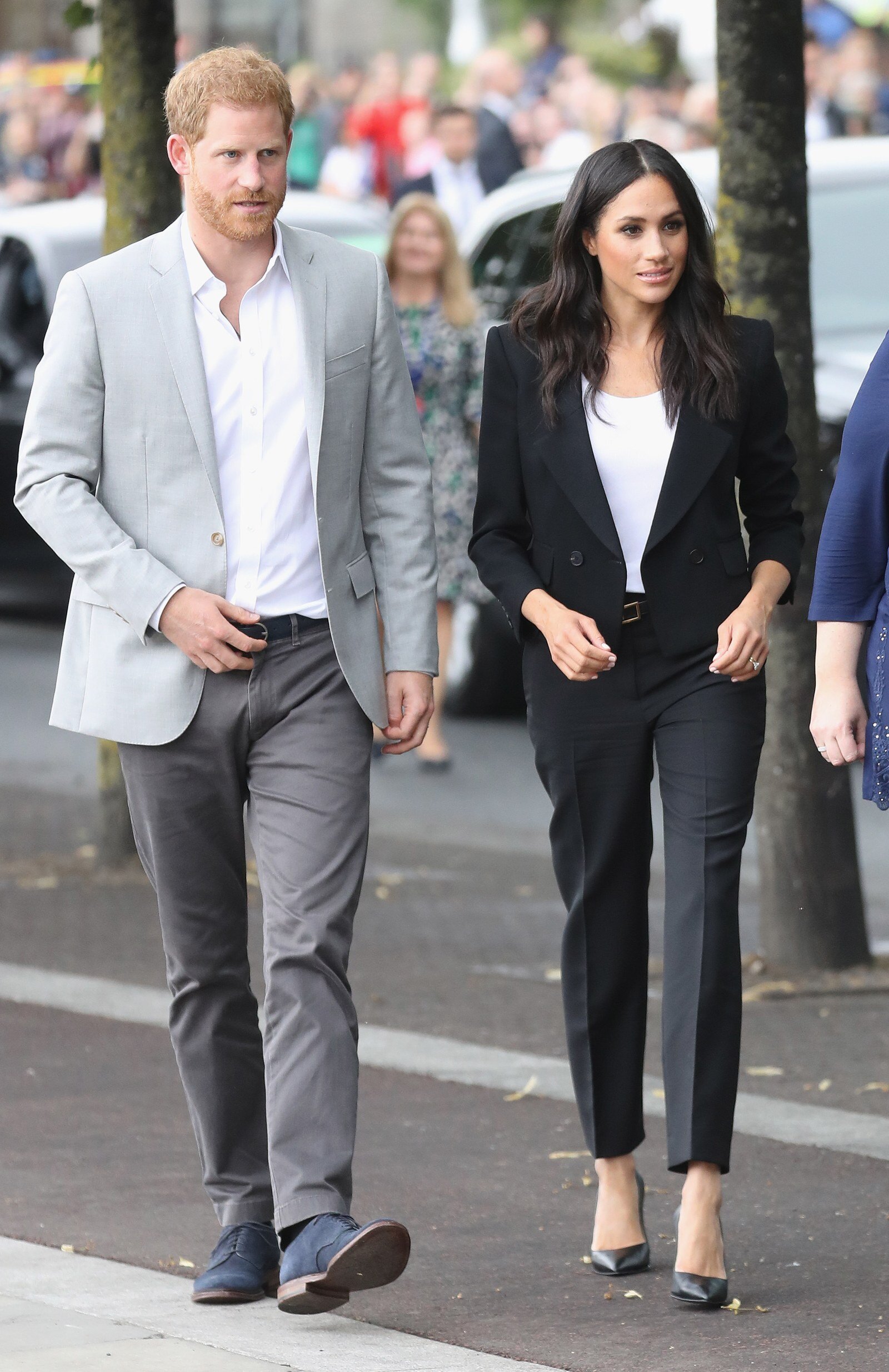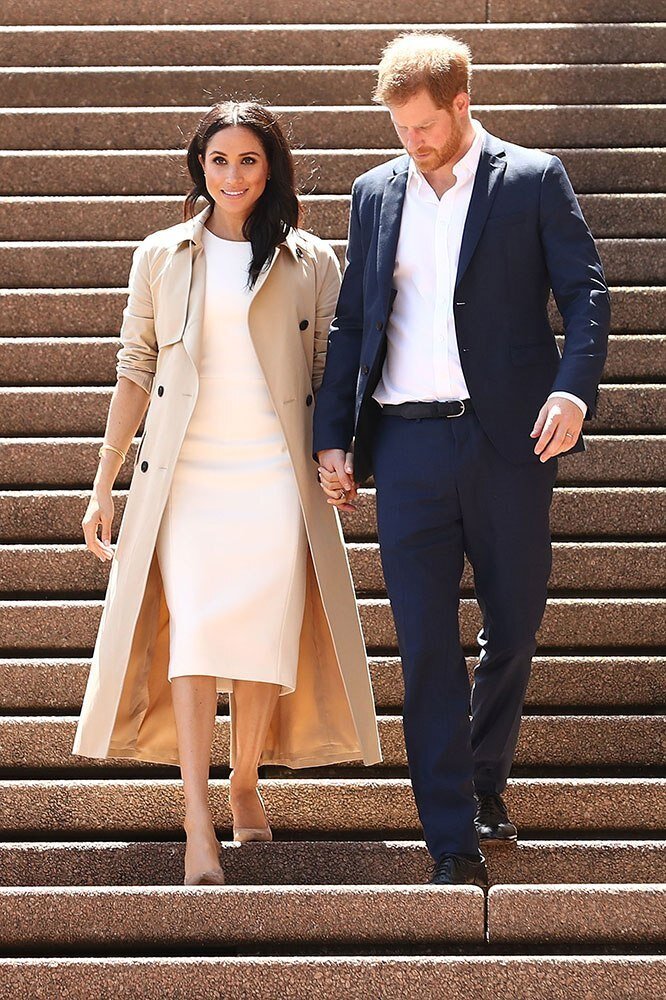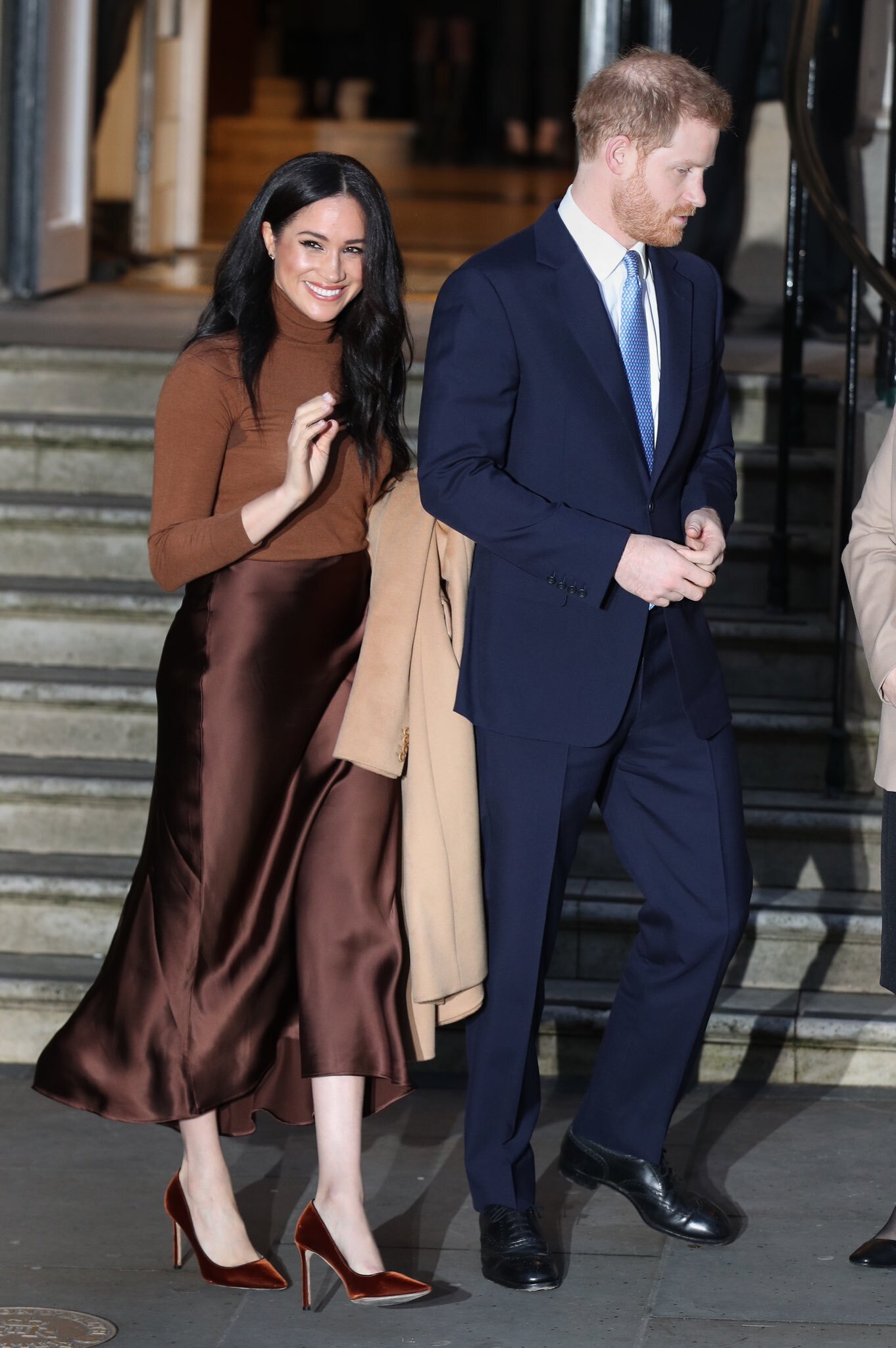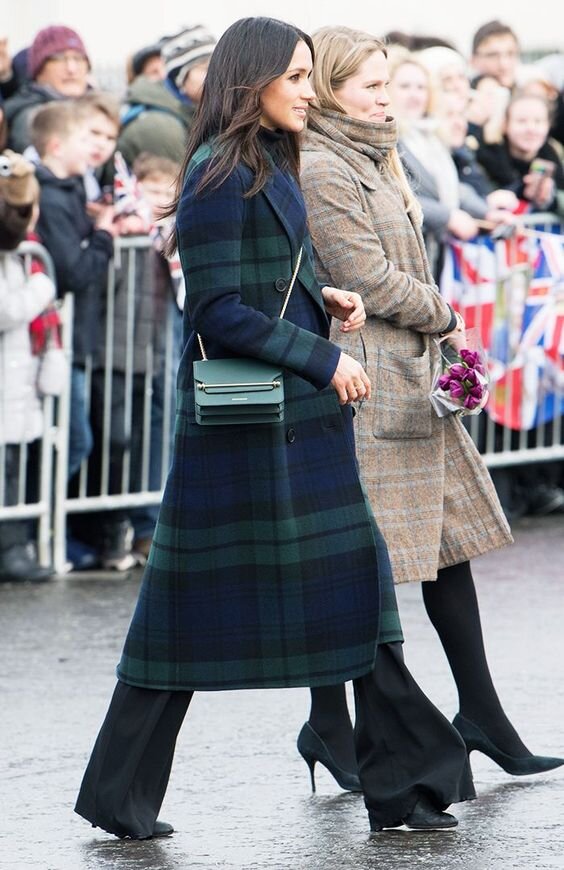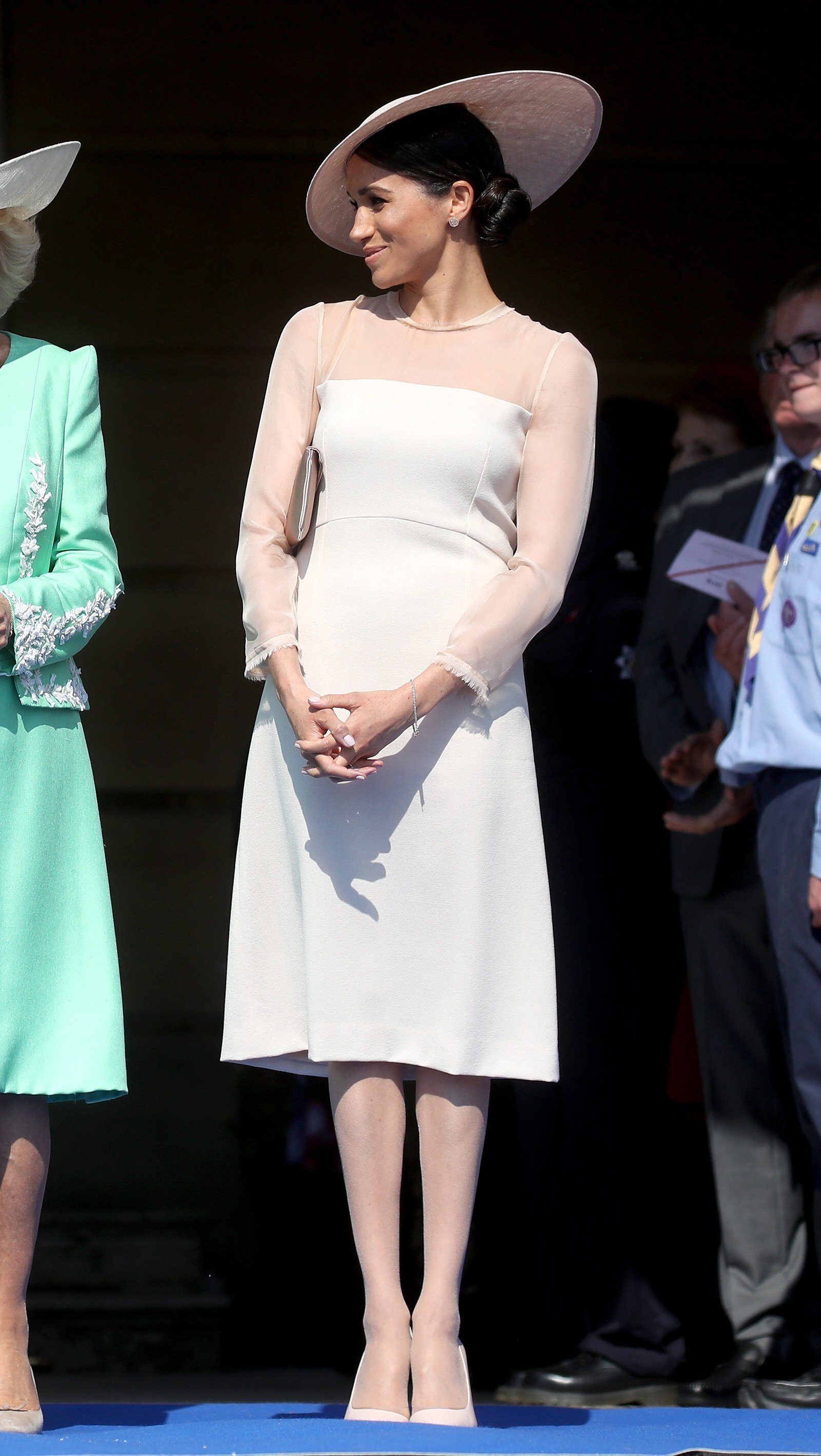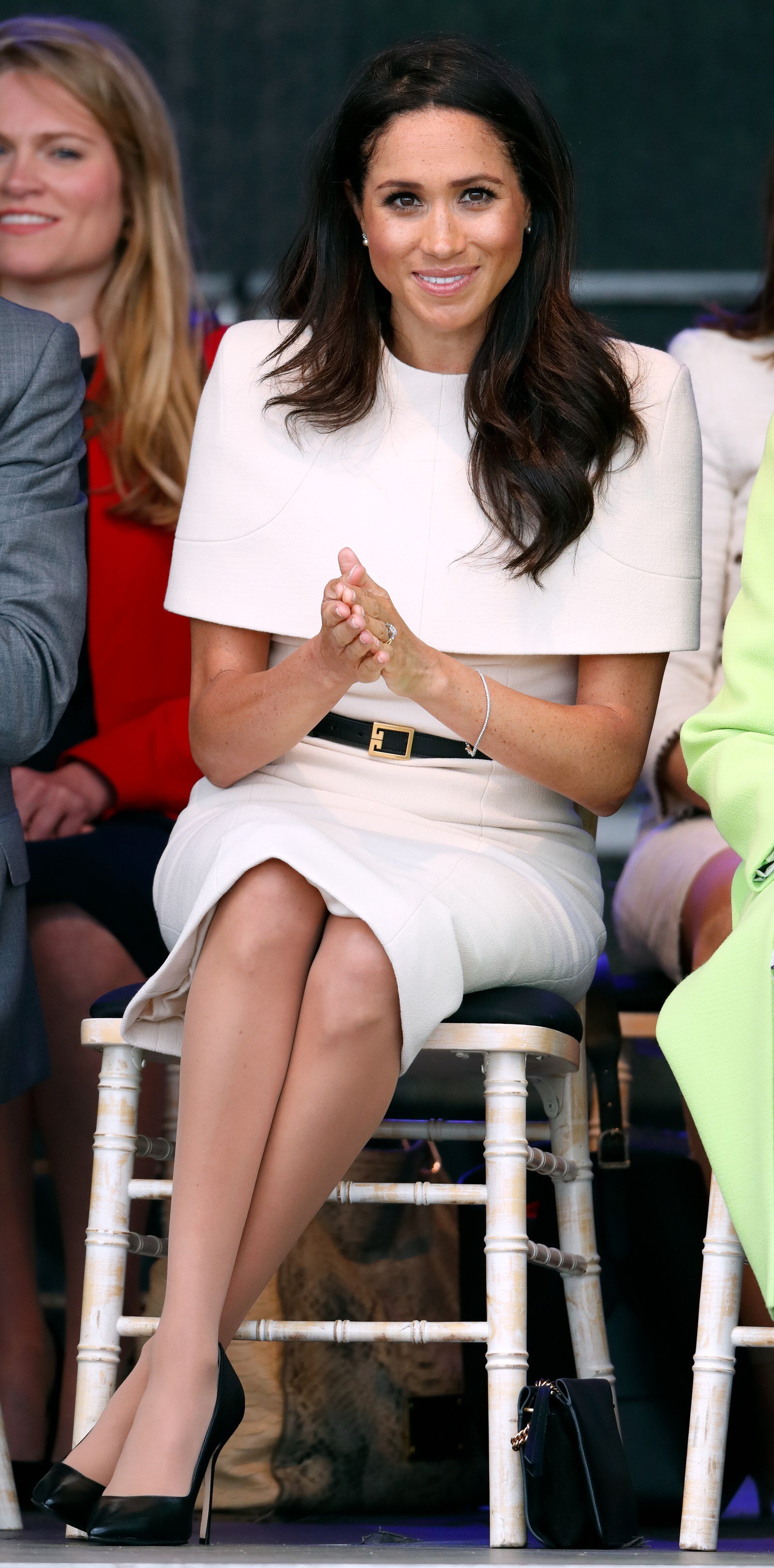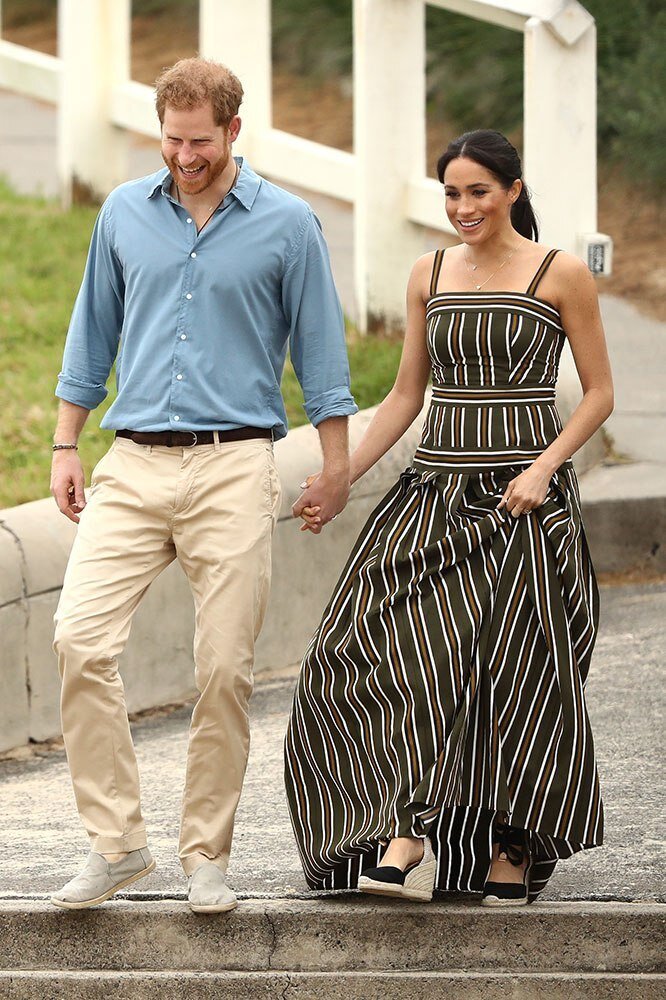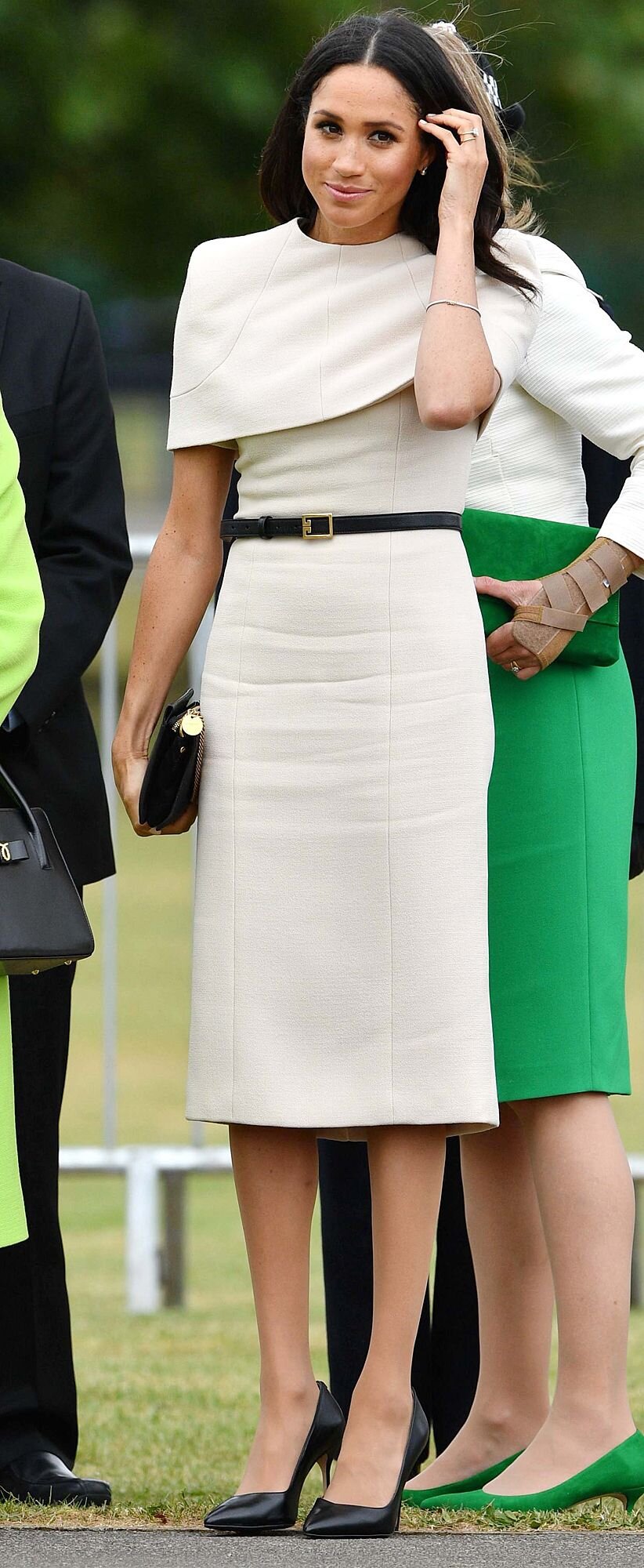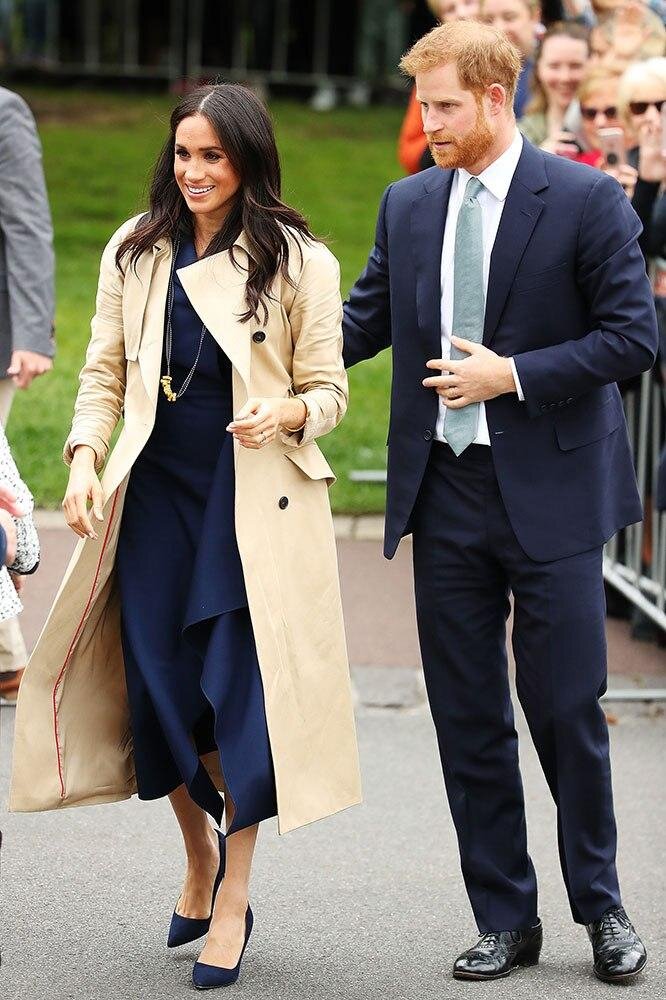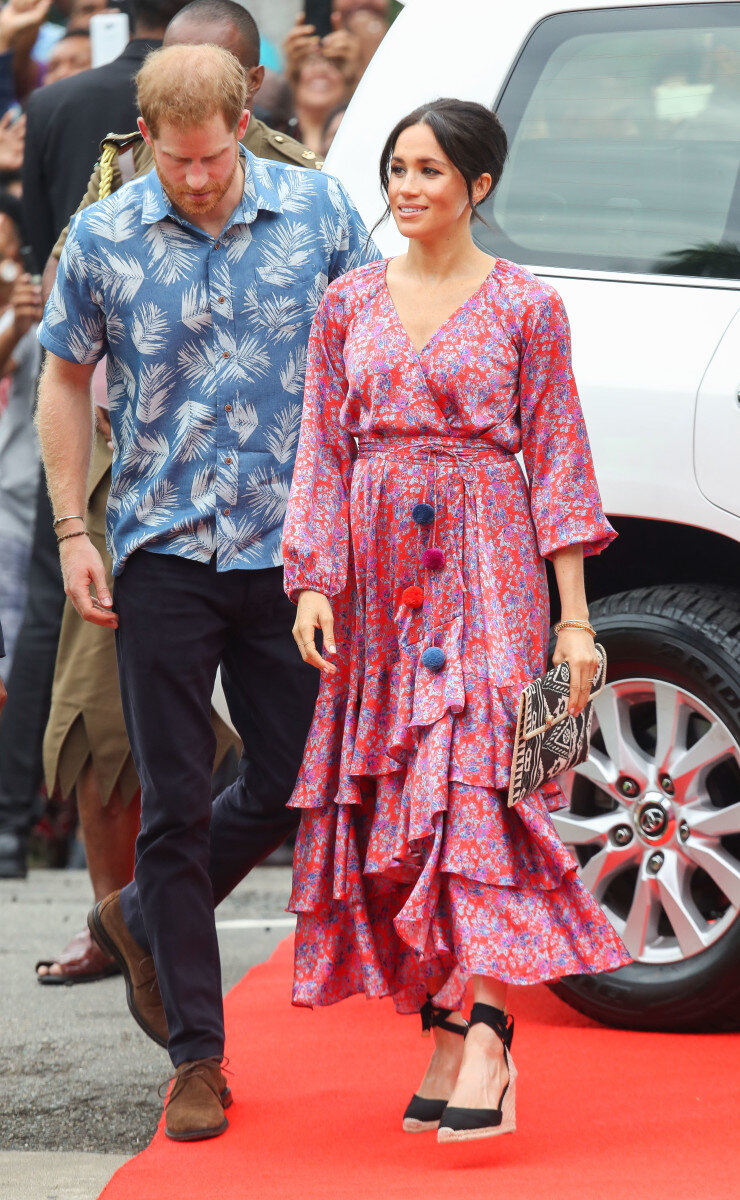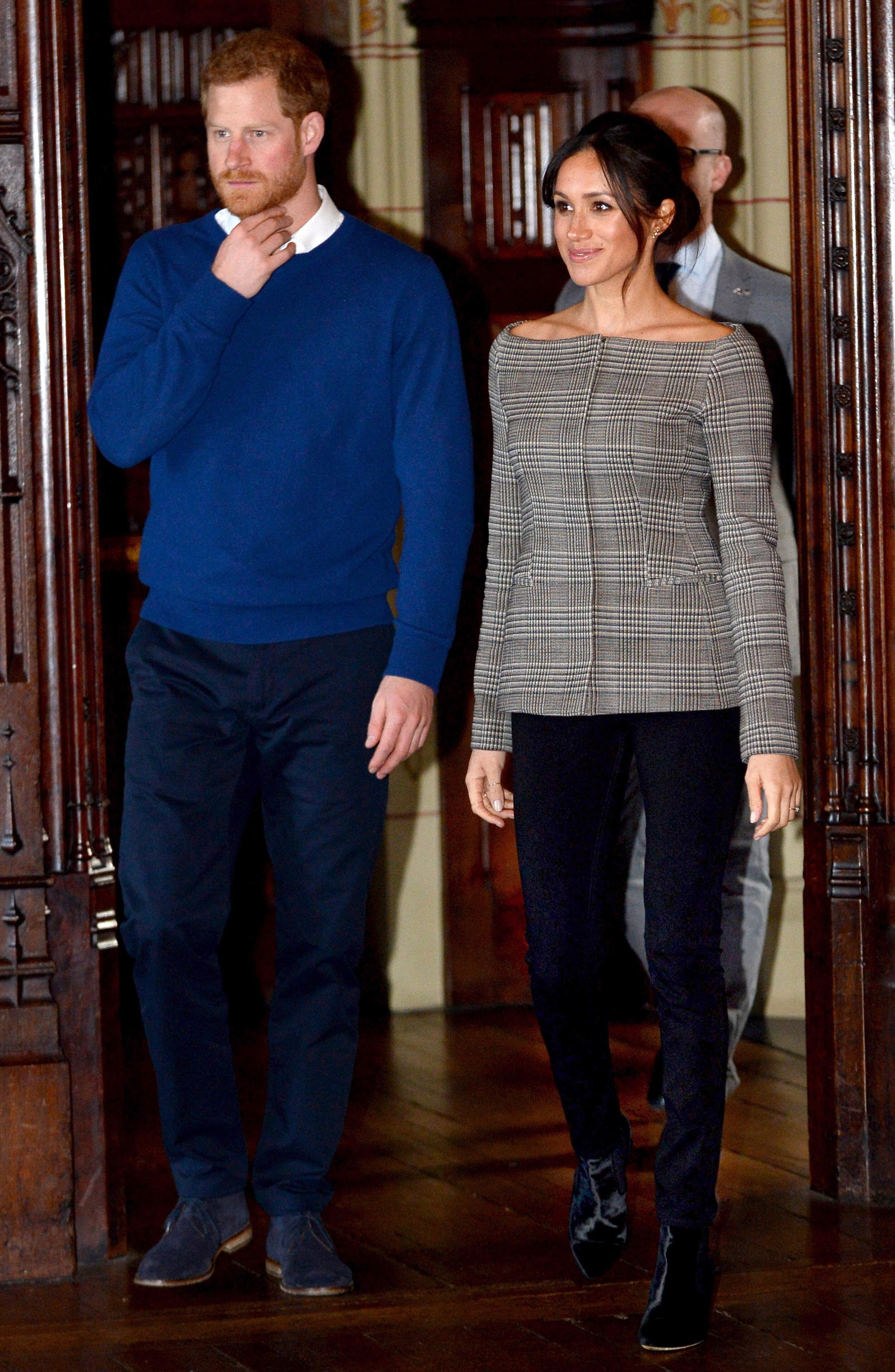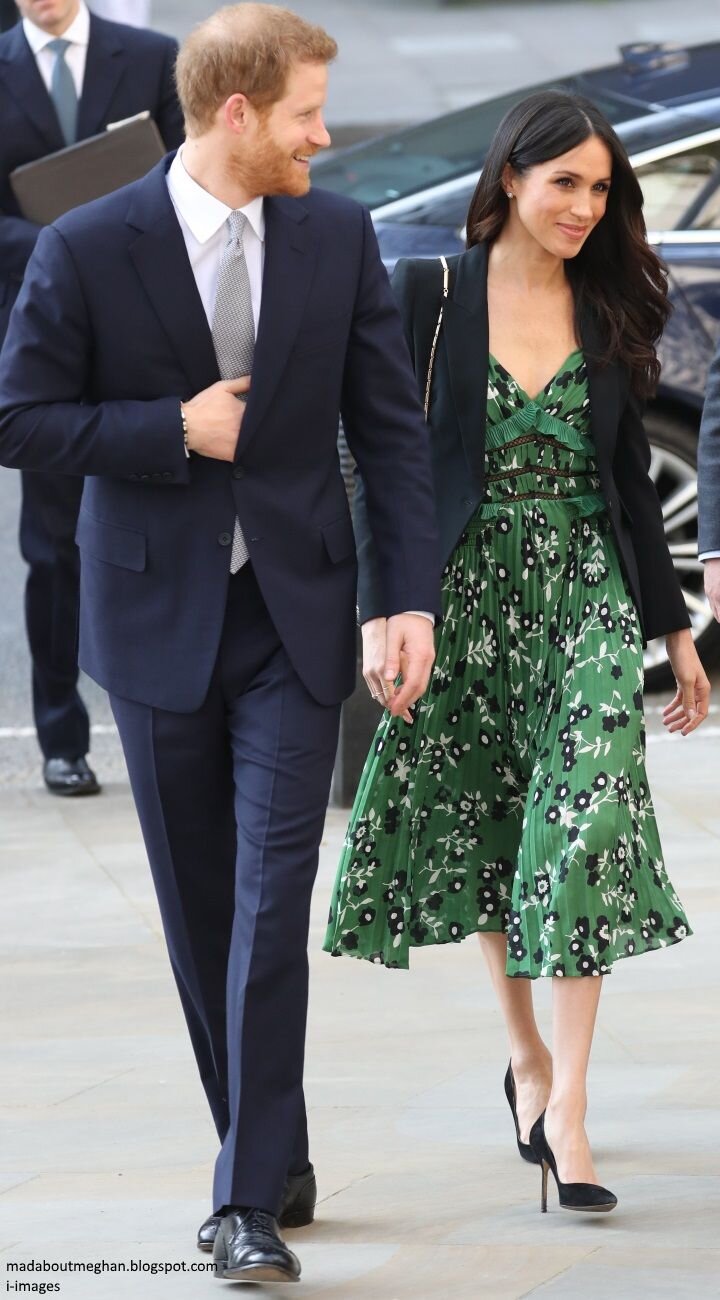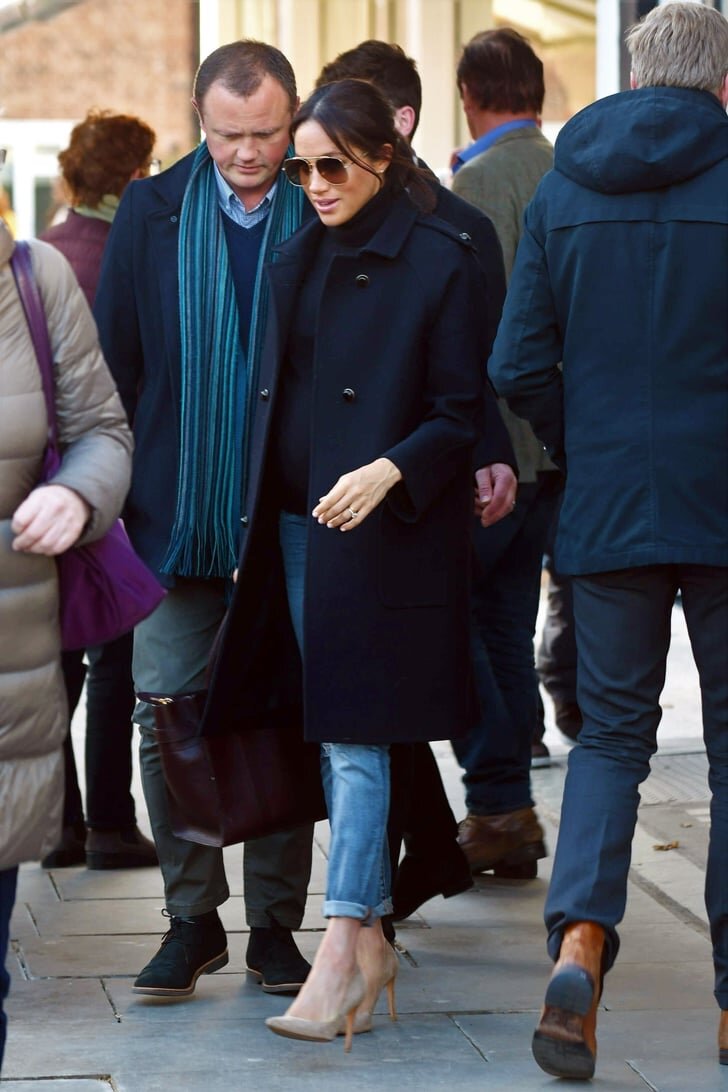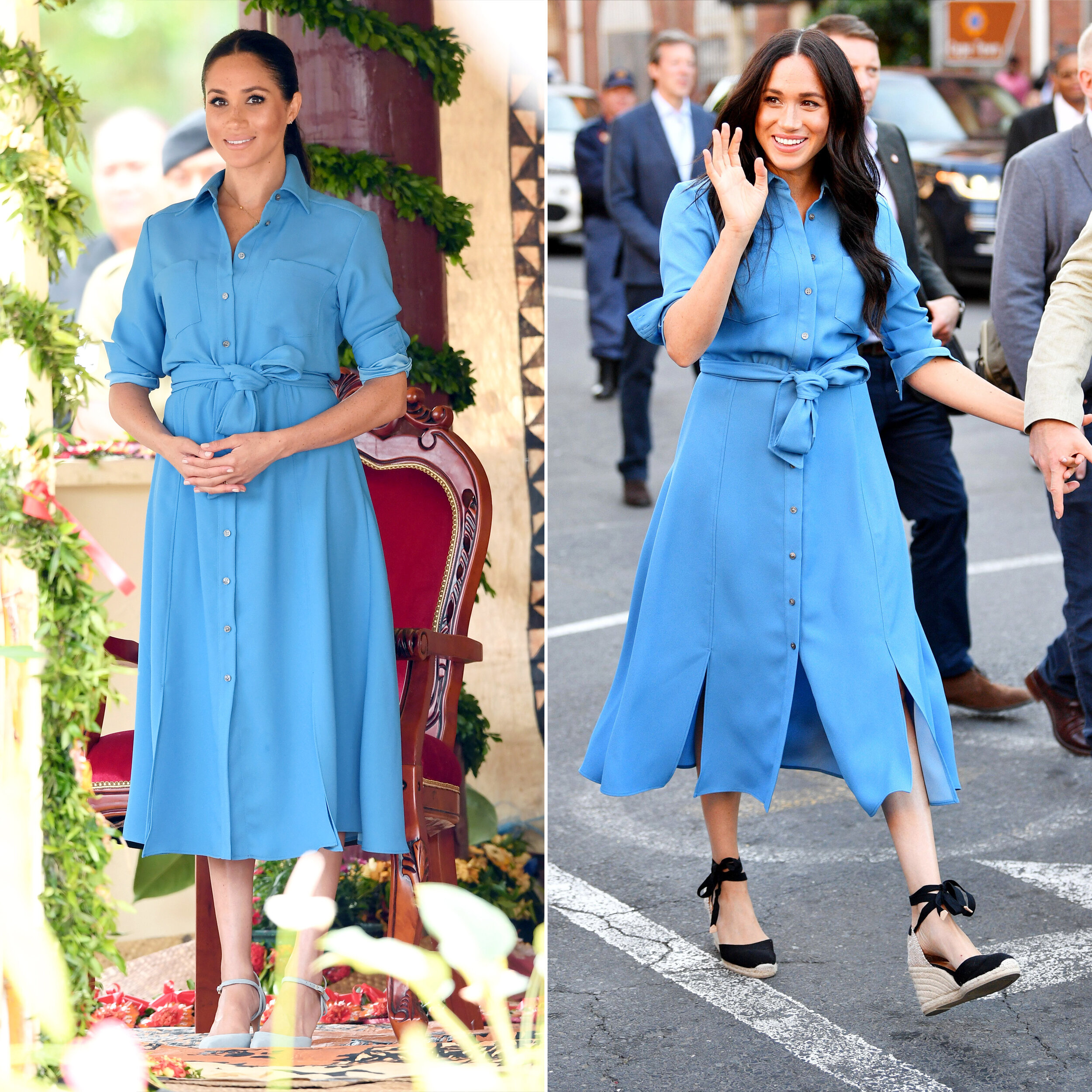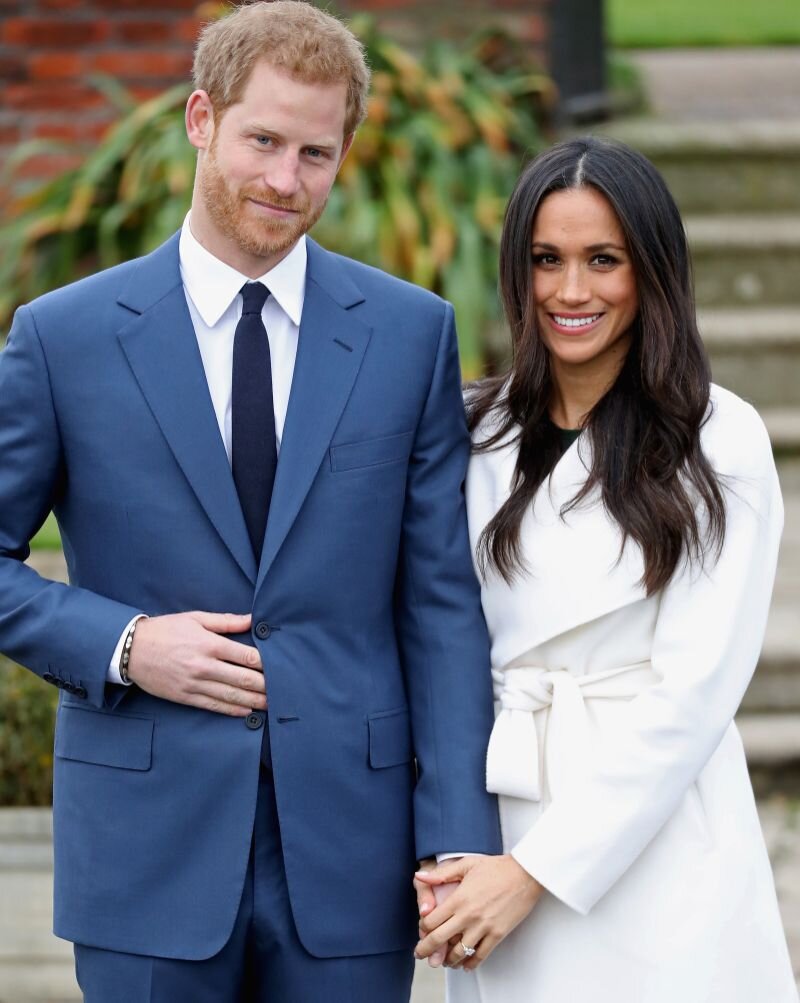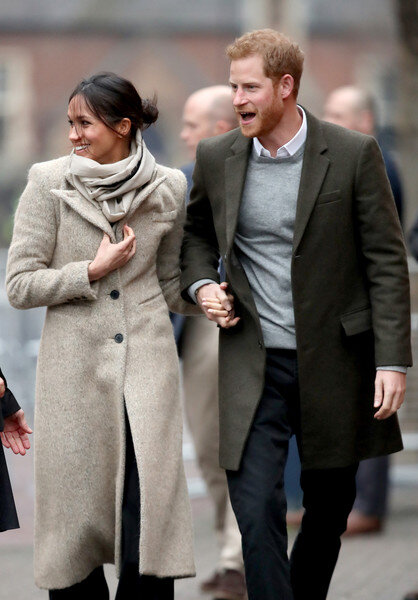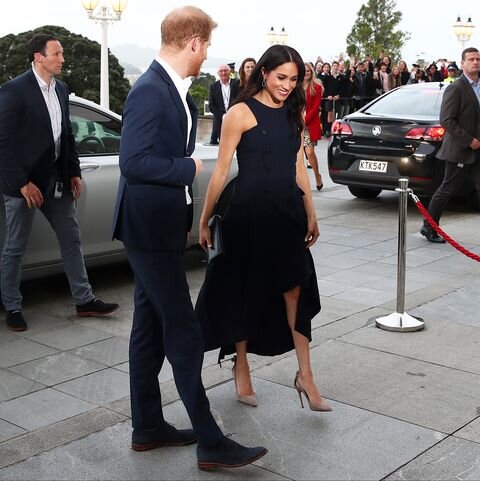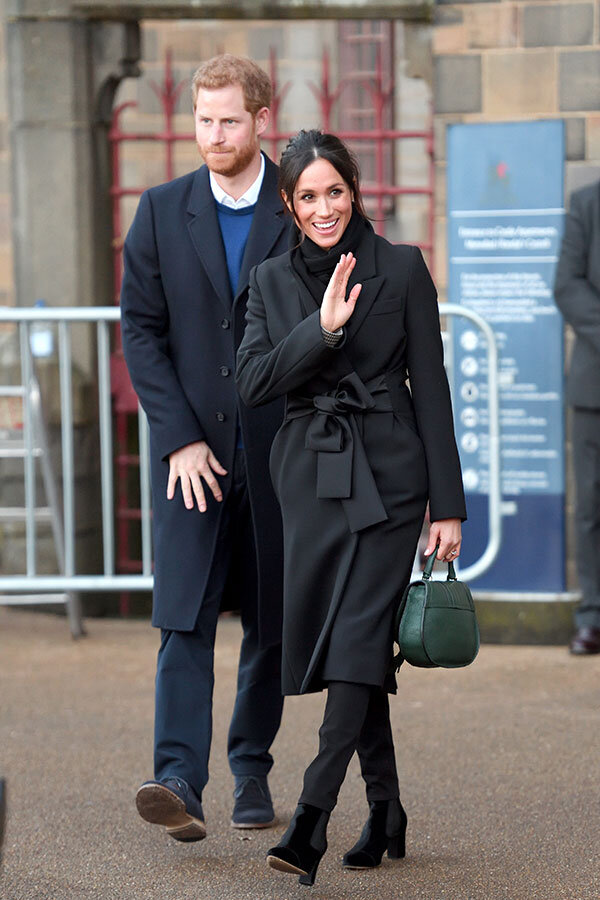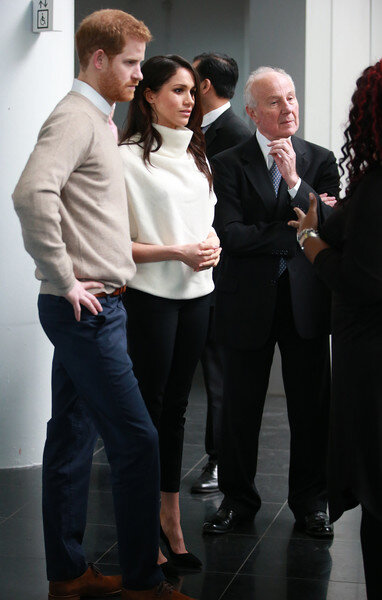MEGXIT AND WHAT THIS MEANS FOR FASHION
I have no doubt you have been following the Royal events over the last few months, if not years, since Meghan came onto the scene with her captivating energy and astounding set of pearly whites and perfect nose structure. We’ve been team Megs from day dot, choosing to avoid being broiled up in the stories of Meghan causing havoc amongst her staff at the palace but rather leaning in to her considerate clothing choices. Well, maybe not so much the fascinators and other posh camaraderie but rather the casual wear like wearing sustainable and ethical labels, so that she could use the insane attention she receives to direct the masses (us) to making better shopping decisions.
Since Meghan came onto the royal scene, she has dabbled in an array of British labels.. Burberry, Strathberry bags, Stella McCartney, Wales Bonner and managed to elevate a brand’s end of year financial statements by sending product purchases into overdrive. People go on shopping frenzies just to get the Meghan effect. And with a somewhat unlimited royal spending budget and designers practically throwing their pieces at her, she could literally take her pick of what to wear/promote.
Our fascination with what royals have been wearing has stemmed back thousands of years. The royals have long been setting the bar for what fashion entails and what fabrics are to be drapped upon oneself. Going back to the Roman Era BC, hierarchical dress outlined that slaves had to be naked and the upper strata of society (kings and dignitaries) wore stiffened and pleated linen cloth. Fashionable dress was once strictly limited to royalty, as the royal courts began the implementation of tailoring techniques emphasising contour and cut and experimented with various styles of clothing and fabrics, which were unaccessible to any un-royal human as outlined by the law. Then came along Elizabeth I who in 1574 issued the Statutes of Apparel with her Privy Council forbidding anyone other than marquises, countesses and duchesses to wear particular materials.
But then in came Louis XV and during his reign he embellished his appearance with jewels and materials like satin, taffeta, velvet and silk, dresses during this period were also covered with floral embroidery in the feminine style of Rococo. The middle-class and peasant women stuck to wearing cotton and wool and although they might have been missing some of the hand-stitched detailing or jewels, the form of their dresses were the same as what the royals wore. Everyone at this time, and now was trying to be fashionable, imitating the styles of the kings, queens and their court and with the development of transport, increased trade, department stores openings consumption in turn was high.
Back to Meghan
You might have noticed that post her globally televised history making wedding (after all it’s not that often a prince chooses to marry a commoner… although pfft Megs is far from that) Meghan’s look changed considerably. In came the stockings (frequently much lighter than her actual skin tone), more muted and understated ensembles and dress choices. This wasn’t a coincidence or Meghan trying to rub shoulders with her new G-ma, this was royal protocol at it’s finest. With the ring and the horse driven carriage came a whole stack of rules and clothing policies which Meghan now had to abide by.
These rules entailed:
The Queen requires both guests and family members to wear pantyhose or tights to royal events.
Jeans and casual shoes like wedges are a definite no, no.
Coats must stay on, even upon entering a building, as undressing in public is not ladylike.
Tiaras can only be worn by women married to royals, and saved for the night time. But that’s cool because hats are adorned throughout the day until 6pm (the official tiara-o’clock).
Facial hair is to be abolished at all costs, although I think this rule is orientated at the gentlemen rather than the odd chin hair strand that has a tendency to photobomb.
Nail polish colours must be within the nude colour range…. boring!
Skirt and dress hemlines must come to the knee, 1960’s miniskirt rebellion or not. Sleeveless dresses are equally not an option, for the same modest reasons.
Black is strictly for funerals and whilst in mourning. This one Meghan has broke on a few occasions, and was frowned up heavily. But come on Lizzie, black is the chicest of shades.
Royal hair should look effortlessly and naturally beautiful, silky smooth, and neat, even when pulled into a ponytail and make-up should be kept minimal, modest and natural. So no messy buns or top knots.
Penny weights are expected to be sewn into the hemline of the Queen's garments to avoid her skirts catching the breeze and showing too much skin, no Marilyn Monroe moments here.
Bright colours are preferable for Royals, so they can be spotted in a crowd. Royals are also expected to support British fashion designers and local designers in the countries they tour in.
Along with all of these dress code requirements Royals are also not allowed to conduct any PDA, have nicknames or refer to one another by this (except for Harry, whose real name is Henry), must hold their teacups with the handle at 3 o’clock, with their pinky supporting the weight and minimal lipstick residue to be left behind.
Now, Meghan being a newcomer and also not a direct heir to the throne, unlike Catherine, had a little leeway with her choices. She wore a plethora of black ensembles, ripped jeans at the Invictus games, bared some décolletage in her boat line dresses, showed some leg in shorter skirts and even bared her legs in their engagement shoot (but with pins like hers, as if you wouldn’t). Prior to becoming a member of the royal, Meghan had to leave her job, close her lifestyle website ‘The Tig’ which had been running for 3 years and her social media accounts wipes. After the wedding her new role meant that she couldn’t be involved in anything political or vocalise her thoughts and opinions as freely, being a philanthropist and women’s and human rights advocate and World vision global ambassador this would be challenging. Meghan had to use to limited options she had to continue to create positive change in the world, and she began achieving this through her clothing.
Meghan began to wear labels such as Stella McCartney, French sneaker brand Veja, and Gabriela Hearst, who move away from impactful production and the use of animal products. She also wore other sustainable brands like Maggie Marilyn, handbag label DeMellier and Outland Denim (who tackle social issues like poverty, exploitation and aim to remove women out of the sex industry in countries like Cambodia). Meghan became a full force, who was extremely strategic with every clothing piece, there was nothing that was being worn mindlessly. We saw Meghan spike sales and ignite fire to the conversation of vintage and re-wear too. Meghan has been seen on numerous occasions to have been wearing the same pieces, in addition to vintage, to align with the message that your pennies have power to shape the fashion industry we long for.
And now that Meghan is royal no longer, she not only now has her voice back, but also the fashion shackles have been lifted and complete reign/rein once again over wardrobe political plays. So although it might be unclear as to whether the Invictus games will continue to be held by Harry, the fashion games are definitely on… who knows Megs might even be challenging Alexa with a new Netflix fashion special or definitely Gwyneth a run for her money with a wellness website revamp perhaps.
All we know is, we will be watching her choices and reporting on all good sustainable choices straight to your hot hands. But for now, we shall leave you with some of Meghan’s best looks and rule breaking moments.
Article written by:
Veronika Makovey-Carafa


